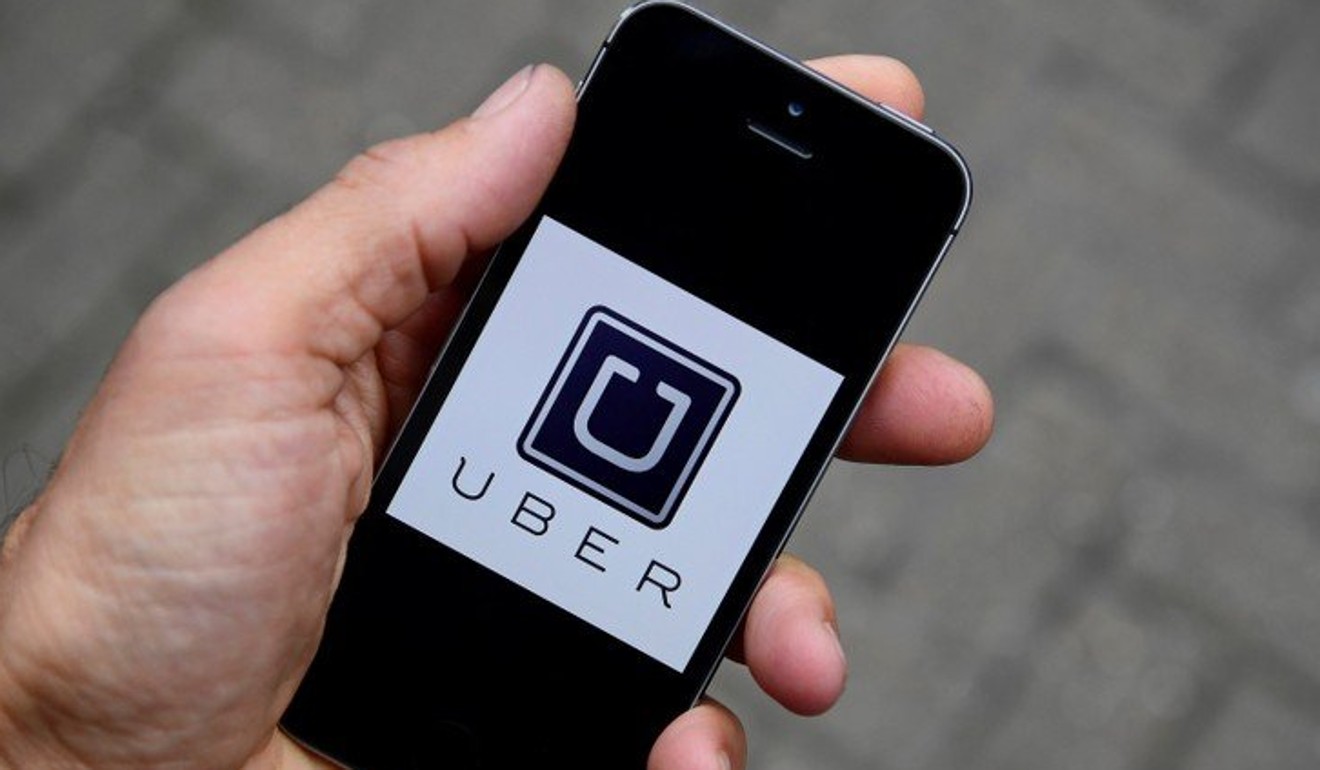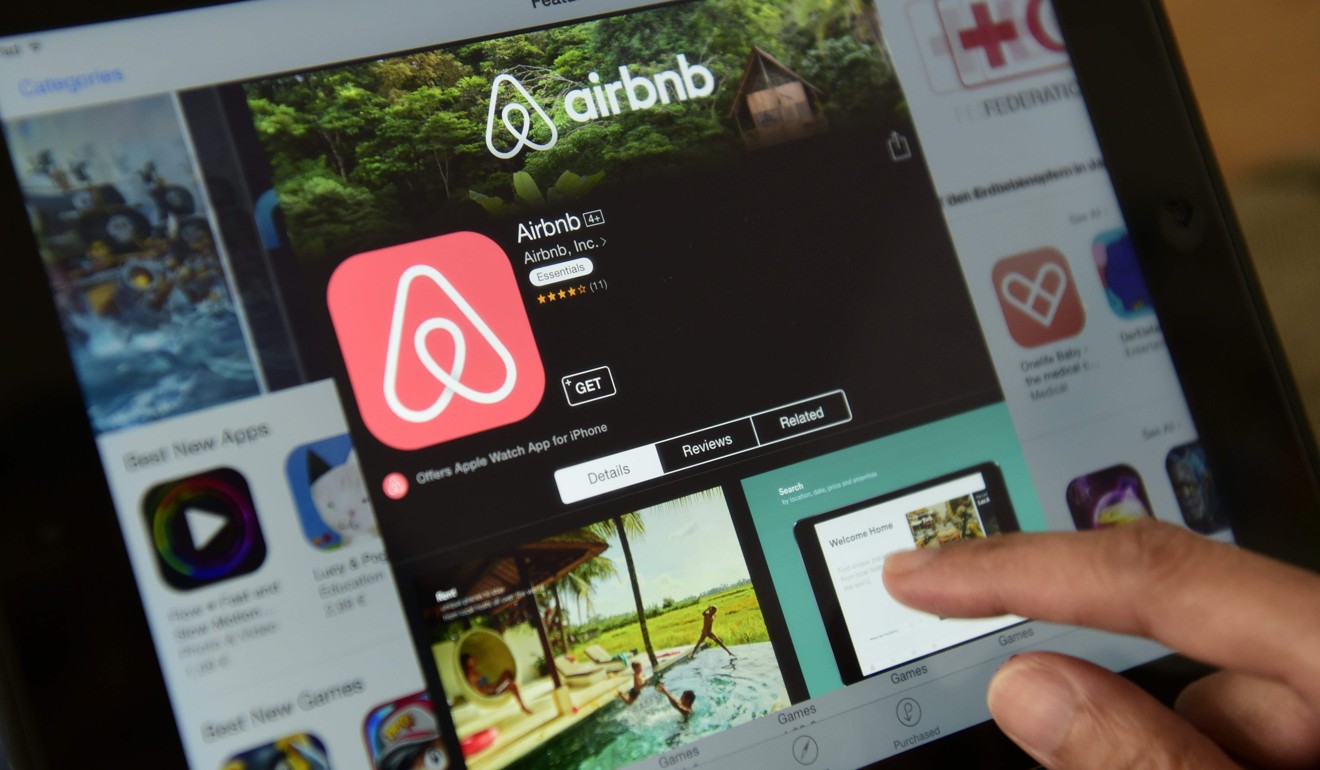
Hong Kong travellers slow to embrace Uber or Airbnb services abroad, survey finds
Tech firm says this mirrors the local government’s attitudes towards such businesses
Hongkongers shun sharing economy services such as Uber or Airbnb when travelling abroad, unlike tourists from other countries and cities in the Asia-Pacific region, a survey by a technology firm in the industry has found.
This reluctance mirrored the Hong Kong government’s attitudes towards such businesses locally, according to Amadeus, a Spanish B2B IT provider for the global travel industry.
The company polled 300 people in the city about their travel habits and found that 86 per cent never or seldom used ride-hailing or hospitality rental services abroad.

According to the survey, which involved a total of 6,870 respondents across 14 Asia-Pacific countries, 37 per cent of travellers used ride-hailing services often or very often, while 29 per cent used shared accommodation services.
“Uber in Hong Kong is not running well, partly because the government is not really endorsing it yet,” Amadeus Hong Kong general manager Louis Lee Loong-chi said.
Can Hong Kong laws keep up with changing technology?
“They need to become [popular] locally first before [Hongkongers] are interested in using it elsewhere. In China, everybody uses Didi Chuxing and if you don’t have the app you can hardly find a taxi.”

Meanwhile, local guest house and hotel operators have complained about Airbnb accommodation providers not having to follow the same costly safety and licensing regulations they are subjected to.
The government has said on several occasions that it is open to sharing economy services, provided they abide by the law.
But critics said officials were too rigid towards emerging businesses. Authorities have also been accused of protecting legacy industries such as taxis.
In the Amadeus survey, travellers from India were the most frequent users of sharing economy accommodation services with 48 per cent of them indicating they would do so, while travellers from mainland China came in second with 34 per cent of them in favour.
Why won’t Hong Kong embrace sharing economy?
The global revenue of sharing economies is projected to reach US$335 billion by 2025.
Lee said the trend of Hong Kong travellers avoiding sharing economy services might change as awareness grew and they became more comfortable with the concept, but this would require local travel agents to first promote such industries.
“With the rapid growth of services such as Uber and Airbnb over the last decade, it is clear that the sharing economy is not a passing trend, and it is here to stay,” Lee said.
With visitors from the mainland making up the bulk of travellers to the city each year, Lee said it was important for Hong Kong to adopt established trends across the border, such as cashless payment and ride-hailing services.
“If Hong Kong doesn’t change and adopt the mode and preference of travellers, then we may not be able to satisfy tourists in the future,” Lee said.

